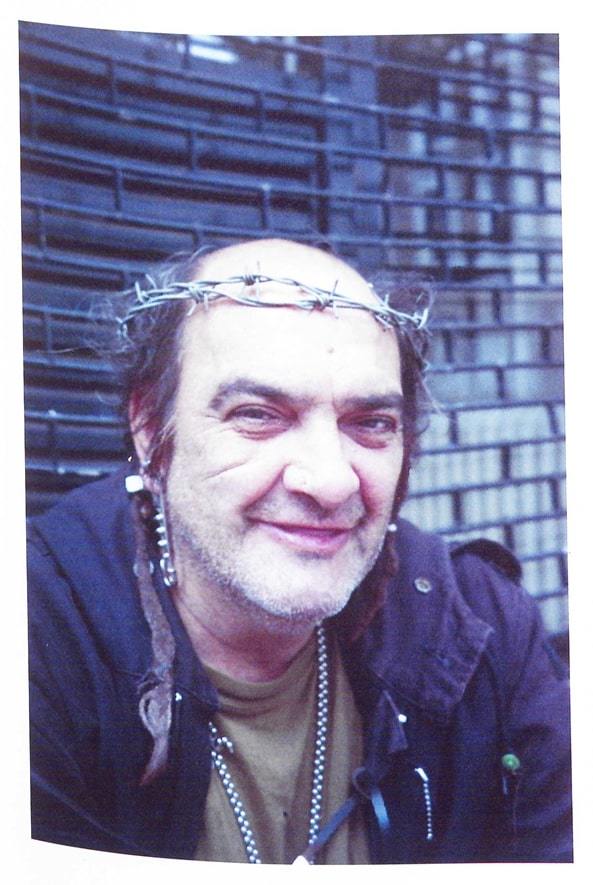The deconstruction of traditional identities is something that helps build a broader understanding of our society as a whole. Categories of race, gender, age and class are used to recognise others through differences – these categories overlap, resulting in specific experiences. My dissertation centres on the relationship between masculinity and class.
Harry F. Conway is a photographer working today, whose portraits reflect a specific class/masculine relationship. Based in London, they reference a ‘lost’ masculinity, as it is known in the traditional sense. Links are seen with the class experience of Londoners who share feelings of loss, as caused by precarious lifestyles, gentrification and insecurity for the future.
Conway’s photography portrays his reality of London and the characters Conway photographs are as integral to his experience of the city as its roads or buildings. His photography is therefore incredibly personal – it not only works as portraiture of others, but as a self-portrait of Conway. There is a sense of nostalgia and romanticisation throughout his work, which links to these ideas of ‘loss’ and adds to its personal nature.
A mission of authenticity is seen within Conway’s work and broadly in the genre of documentary photography. ‘Realness’ relates to themes within class experiences. Lower classes are frequently considered more authentic and within masculinity this authenticity is aimed for, with the goal of being a ‘real man’ connecting to gendered pressures.
My dissertation explores these themes in detail, looking at signifiers of identity and the impact their representations have in a broader sense. Attention needs to be turned to masculinities and its pressures and its immediate links to class experience.
Harry F. Conway, Untitled, 2019. Scan from Everybody wants to go to Heaven, But Nobody Wants to Die (London: Self Published, 2019).

